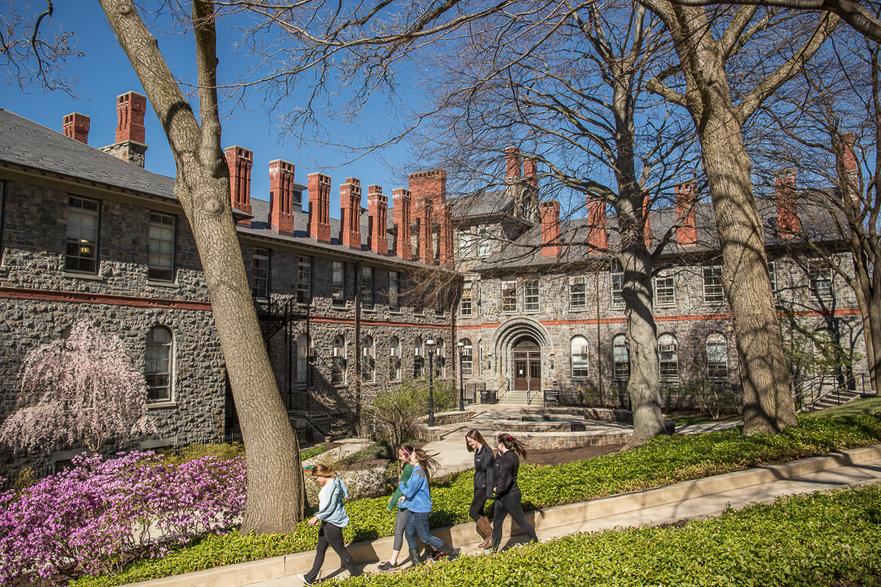In the Psychology Department at Lehigh, we aspire to cultivate a community of learners dedicated to the common goal of understanding human thought, emotion, and behavior. We aspire to ensure that every individual feels welcome and that every individual is supported in the process of realizing their potential.
Psychology is the study of how the mind—instantiated in the brain—enables organisms to act, think, and feel. In the case of humans, it examines the nature of the cognitive, emotional, and motivational processes that allow them to anticipate and react to the opportunities afforded by the world in which they live—a highly complex world of social relationships, other minds, cultural influences, and normative pressures. Major areas of psychology further investigate how these mental processes develop and change across the lifespan, as well as the physiology that gives rise to them. In our department, this manifests itself in the study of the nature of memory, attention, consciousness, self regulation, morality, group dynamics, prejudice, attitudes, conformity, identity, reasoning, stress and coping, perspective taking, categorization, theory of mind, and emotional development.
Psychology is interdisciplinary in nature because it stands at a crossroads between the natural sciences, the social sciences, the humanities, education, and policy. The department of psychology offers an interdisciplinary approach that provides connections to Lehigh's programs in Health, Medicine, Society; Global Studies; Public Health; Biology; Cognitive Science; Women, Gender and Sexuality Studies; Management; Anthropology; Philosophy; Behavioral Neuroscience; Education; Sociology; and Economics.
Psychology Research
Psychology is a scientific discipline that accumulates knowledge through controlled experimentation, field studies, and the study of patient populations. As such, it employs a complex set of methods and techniques including physiological recordings, neuroimaging, reaction time analyses, behavioral observation, surveys, narrative analysis, and computational modeling, to name a few.
Undergraduate and graduate students in our department have the opportunity and encouragement to gain lots of hands-on experience conducting a variety of different types of research.

